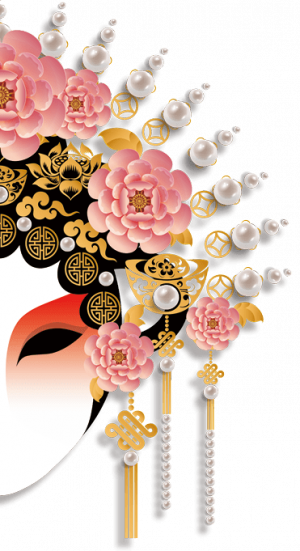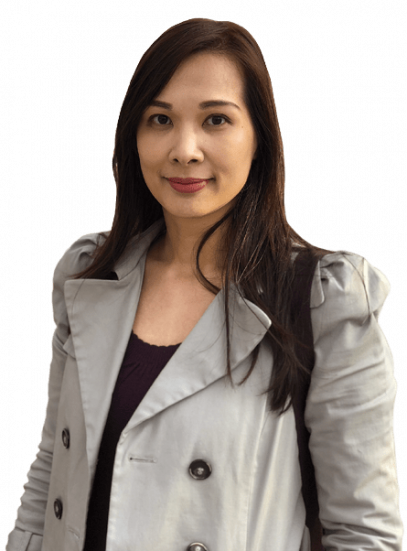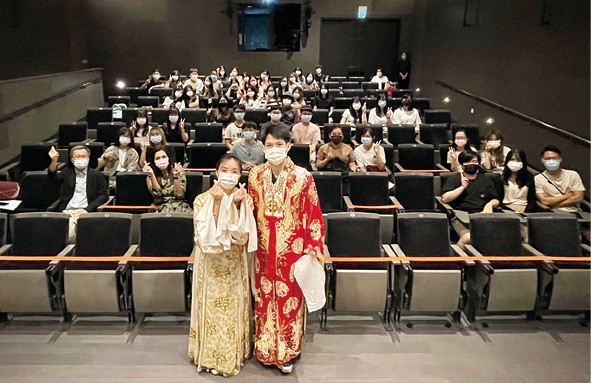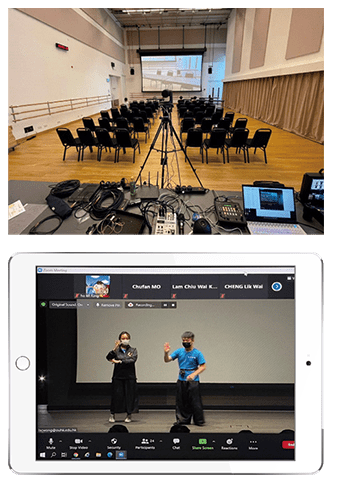This website uses cookies so that we can provide you with the best user experience possible. Cookie information is stored in your browser and performs functions such as recognising you when you return to our website and helping our team to understand which sections of the website you find most interesting and useful.







 Looking back on her childhood, Dr Chan used to be annoyed by loud sounds of the gongs and drums of Cantonese opera. 'It was too noisy for my ears,' she says blithely. Fascinated by Chinese literature since a young age, Dr Chan discovered by chance the charm of the lyrics of Cantonese opera and tried to get closer to it. After she began teaching at university and singing under the guidance of colleagues who were fans of Cantonese opera, it has gradually become her number one hobby. 'My interest grew as I sang more,' she says. 'I think many people will like Cantonese opera and won't find its sounds piercing once they know more about its structure and characteristics.'
Looking back on her childhood, Dr Chan used to be annoyed by loud sounds of the gongs and drums of Cantonese opera. 'It was too noisy for my ears,' she says blithely. Fascinated by Chinese literature since a young age, Dr Chan discovered by chance the charm of the lyrics of Cantonese opera and tried to get closer to it. After she began teaching at university and singing under the guidance of colleagues who were fans of Cantonese opera, it has gradually become her number one hobby. 'My interest grew as I sang more,' she says. 'I think many people will like Cantonese opera and won't find its sounds piercing once they know more about its structure and characteristics.'







